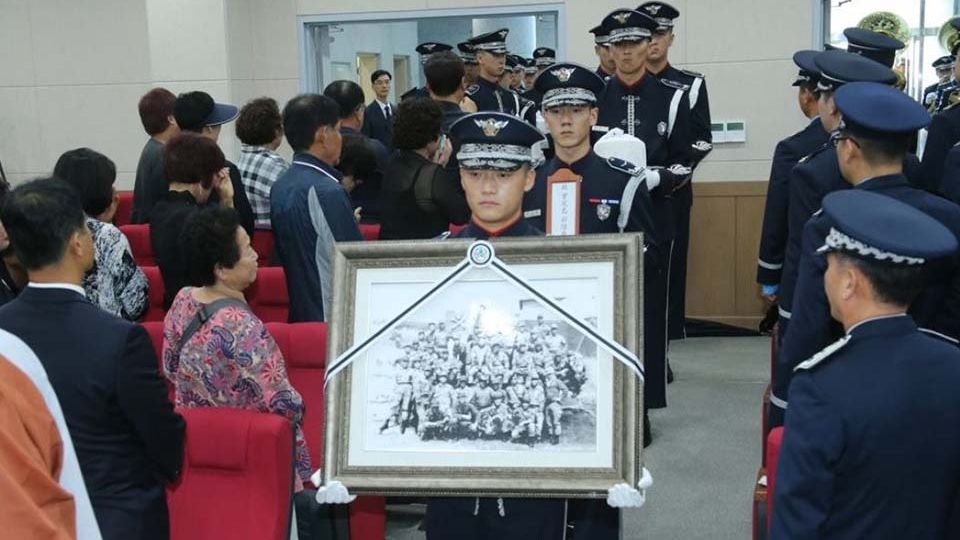August 6, 2024
SEOUL – South Korean commandos who died as they escaped from Silmido — an uninhabited island where they were being trained to kill then-North Korean leader Kim Il-sung — are due to receive an apology from the country’s defense chief for the first time in 53 years.
In August 1971, the 24 commandos of South Korea’s secret killer squad fled the island in protest of poor treatment, after over three years of training to infiltrate North Korea and capture its leader.
On their way out of Silmido, they killed the island’s guards, hijacked a bus to Seoul after reaching the mainland with a boat. Most of them were shot dead or committed suicide with hand grenades during a clash with the military police. Four survivors were executed.
Along with the apology, the South Korean military said it would recover the remains of the four who were executed for a proper burial, planned to be carried out later this year.
The apology and other steps to honor the late Silmido commandos by the military follow recommendations given by the Truth and Reconciliation Commission as well as the Ministry of National Defense’s internal committee.
The Truth and Reconciliation Commission in 2022 concluded that the families of the commandos being denied knowledge of the execution and a funeral at the time amounted to grave violations of human rights perpetrated by the country.
The squad for the Kim Il-sung mission was formed in April 1968 as retribution for a failed attempt by North Korea to assassinate then-South Korean President Park Chung-hee earlier that year.
South Korea’s National Intelligence Service, which was at the time called the Korean Central Intelligence Agency, oversaw the mission’s coordination while the military was in charge of the commandos’ training.
In January 1968, a group of 31 North Korean guerrillas crossed the border on foot to reach Seoul. They were eventually caught while hiding in the mountains near the South Korean presidential office. Over the days-long chase, nearly all were killed except for one who was captured alive and another who is believed to have fled back to the North.


